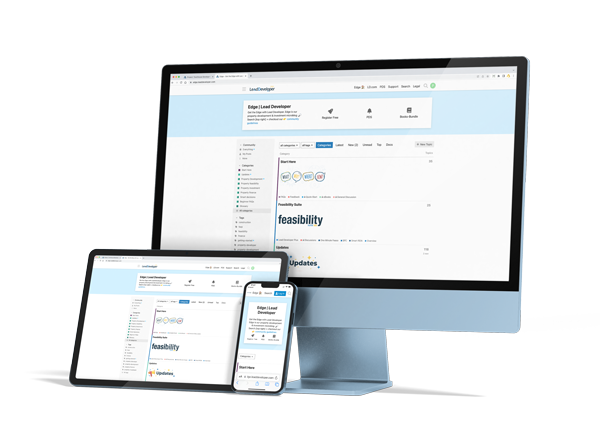Comprehensive Checklist for Tax-Wise Investing
1. Understanding Key Tax Concepts
-
Tax Benefits of Rental Properties
- Familiarize yourself with tax laws for rental properties.
- Deduct expenses like repairs, maintenance, and interest costs.
- Utilize depreciation benefits for rental properties.
-
Stay Updated with Tax Laws
- Regularly consult with a tax adviser familiar with real estate.
- Stay informed about frequent changes in tax laws.
2. Income Types and Tax Rates
-
Ordinary Income
- Understand that rents and interest are taxed as ordinary income.
-
Capital Gains
- Differentiate between short-term (taxed as ordinary income) and long-term capital gains (taxed at reduced rates).
- Know the specific tax rates for short-term and long-term capital gains.
3. Cash Flow Analysis
-
Calculating Property Cash Flow
- Determine actual rental income, including vacancy periods.
- Deduct operating expenses, mortgage interest, and other relevant costs from rental income.
- Calculate taxable income or loss from the property.
4. Depreciation Strategies
-
Building Cost and Capital Works
- Understand depreciation for building costs and capital works.
- Know important dates for depreciation eligibility.
- Consider professional valuation for depreciation estimates.
-
Fixtures and Fittings
- Utilize depreciation for carpets, appliances, and other fittings.
- Check ATO’s guide for current depreciation allowances.
-
Low-Value Pool
- Understand the rules and benefits of the low-value pool for inexpensive assets.

 You are missing out if you haven’t yet subscribed to our YouTube channel.
You are missing out if you haven’t yet subscribed to our YouTube channel.
5. Interest Expenses and Gearing Strategies
-
Interest Deduction
-
Gearing Types
- Understand the concepts of negative, positive, and neutral gearing.
- Plan your investment strategy according to your comfort with different gearing types.
6. Capital Gains Tax (CGT) Considerations
-
Pre- and Post-CGT Assets
- Be aware of different rules for properties acquired before and after key CGT dates.
- Understand the 50% CGT discount for assets held longer than 12 months.
-
Home Exemption
- Know that your primary residence is generally exempt from CGT.
7. Converting Home to Investment Property
-
Tax Implications
- Be aware of changes in tax deductibility when converting a home to a rental property.
- Keep records of home improvements for potential future tax deductions.
-
Loan Restructuring
- Understand the implications of changing home loan terms on tax deductibility.
8. Exit Strategies
-
Planning Your Exit
- Start planning your exit strategy before purchasing the property.
- Consider the tax implications of different exit strategies.
-
Sale and Tax Calculation
- Understand the process of calculating gains or losses and tax liabilities on property sales.
-
Gifts and Bequests
- Know the tax implications of gifting or bequeathing properties.
-
Maintaining Records
- Keep accurate and comprehensive records from purchase through ownership to sale.

Make It Real
 Start Your Journey Today!
Start Your Journey Today!
You are missing out if you haven’t yet subscribed to our YouTube channel.


